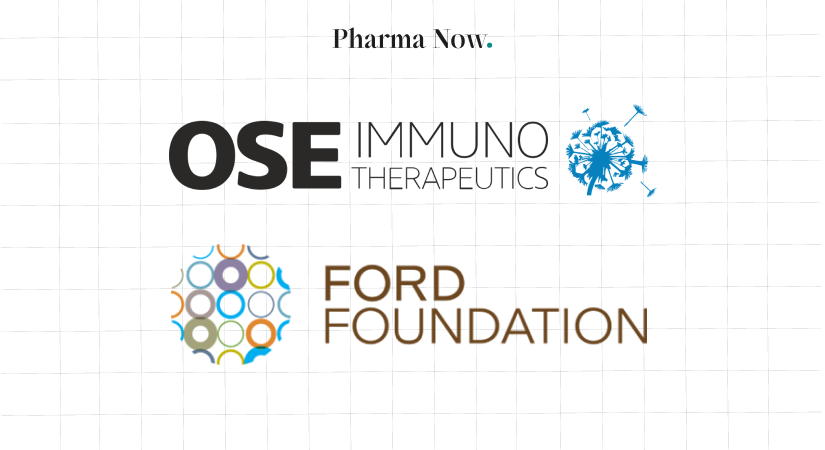OSE Immunotherapeutics & FoRT Foundation Complete Enrollment For Combi-TED Phase 2 Trial Testing Tedopi® With Nivolumab Or Docetaxel In Non-Small Cell Lung Cancer Patients
OSE Immunotherapeutics and FoRT complete enrollment in Combi-TED Phase 2 trial of Tedopi combos for metastatic NSCLC.
Breaking News
Sep 12, 2025
Simantini Singh Deo

OSE Immunotherapeutics SA, a biotechnology company developing first-in-class therapies in immuno-oncology and immuno-inflammation, together with the FoRT Foundation (Fondazione Ricerca Traslazionale), has announced the completion of patient enrollment for a Phase 2 clinical trial of the therapeutic cancer vaccine Tedopi®. The study is evaluating Tedopi® in combination with nivolumab or docetaxel for patients with Non-Small Cell Lung Cancer (NSCLC).
The clinical trial, known as Combi-TED (NCT04884282), is sponsored and run by the Italian Foundation FoRT across sites in Italy, France, and Spain. It is an open-label, randomized, three-arm Phase 2 study designed to test three approaches as second-line treatments: Tedopi® combined with the immune checkpoint inhibitor Opdivo® (nivolumab), Tedopi® combined with docetaxel, or docetaxel alone as the reference treatment. The trial focuses on HLA-A2 positive patients with metastatic NSCLC who have no EGFR mutations or ALK or ROS1 rearrangements and whose disease progressed after first-line chemo-immunotherapy. The primary goal is to evaluate the one-year survival rate. A total of 105 patients have now been enrolled as planned. Initial data from the study will be presented at the ESMO Congress in October 2025 as a “Trial in Progress” update, with full results expected in the second half of 2026.
Federico Cappuzzo, M.D., Ph.D., Director of Medical Oncology at Cancer Institute Regina Elena in Rome and Chief Investigator of the study, said that completing enrollment in Combi-TED is an important milestone. He explained that the trial is testing a novel strategy using Tedopi® to activate T lymphocytes, which may enhance the effects of either checkpoint inhibitors or chemotherapy. He added that the results, expected in 2026, will help guide the development of new therapies for NSCLC patients whose disease has progressed after at least three months of first-line chemo-immunotherapy and who are eligible for docetaxel treatment—a group in need of better options.
Silvia Comis, Chief Clinical and Medical Research Officer at OSE Immunotherapeutics, expressed gratitude to Professor Cappuzzo and the trial teams for achieving this milestone. She noted that Combi-TED represents another step forward in Tedopi®’s clinical development for NSCLC. Building on the positive findings from the earlier ATALANTE-1 study, Tedopi® is also being tested as a monotherapy compared to docetaxel in the pivotal ARTEMIA trial, targeting HLA-A2 positive patients with metastatic NSCLC who show secondary resistance to immune checkpoint inhibitors. Unlike ARTEMIA, Combi-TED explores Tedopi® in combination treatments for a broader group of patients, including those with more aggressive disease. These results will provide critical information on Tedopi®’s potential role as part of second-line therapy for metastatic NSCLC.
